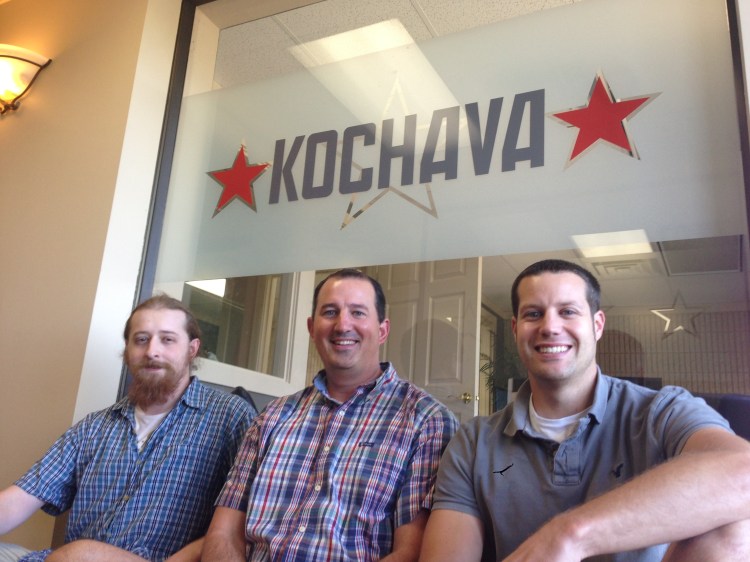Data scientists are coming to a mobile analytics company near you.
Kochava, a mobile analytics and attribution outfit based in Idaho, hired a three-member data scientist team in a bid to help mobile advertisers avoid retargeting fraud and make better sense of the vast amounts of data needed to drive successful mobile ad campaigns.
“That’s the idea behind it. This whole concept of investing in a data science team that is putting together analyses on top of our data, on behalf of our customers, I think will further move the ball with regard to the maturity and expectation in mobile media buying,” Kochava chief executive Charles Manning told VentureBeat today.
Mobile analytics technology provides brands and marketers with detailed intelligence on consumers’ buying habits and where best to focus and deploy campaigns. Analytics enables clients like Coca-Cola or Tesla, for example, to help measure, via downloads and clicks, whether the campaign in question is a success, or failure.
We’re studying mobile app marketing automation for VB Insight
Answer our survey, and we’ll share the data with you
Analysts who study the burgeoning mobile ad space, currently dominated by Google and Facebook in terms of revenue, see a potential trend with Kochava’s decision to build a data science team internally instead of outsourcing requests.
“Absolutely. I see this as a leading edge of a potential new trend,” Andrew Frank, an analyst at Gartner, told VentureBeat.
“In terms of measuring metrics, how do you analyze the data for mobile? It’s still very fragmented,” Frank added.
The mobile ecosystem has exploded in the last year alone. Many analytics firms currently rely on their own measurement technology to help clients decide where to buy inventory to drive downloads, for example.
So, while not totally new, hiring data scientists to help sift information points may become commonplace as analytic companies vie amongst themselves for a piece of a sector that will crest $35 billion by year’s end, according to eMarketer.
Peter Hamilton, chief executive of successful analytics stalwart Tune, said the skillsets of data scientists complement the space.
“There are two types of data scientists in organizations like ours. One type is scaling out the way we actually record and measure all the data coming into our servers on behalf of our customers,” he said.
“And the other side are more like BI [business intelligence] scientists who are looking for trends and insights in the data,” Hamilton added. “They might be only analyzing the business itself and how customers interact with it, or they may be providing insights or reporting for clients to better understand their own data.”
For Manning, pulling the trigger on in-house data-scientist hires makes sense in both the short and long term.
“The value, succinctly, is looking at trend information in aggregate, and understanding things like fraud, retargeting, and cross-app churn,” he said.
“In other words, how are users being acquired in one app, or potentially moving from one app to the other, within a customer’s portfolio?” Manning said.
“Getting that data, and understanding it, is pretty meaningful,” he said.


